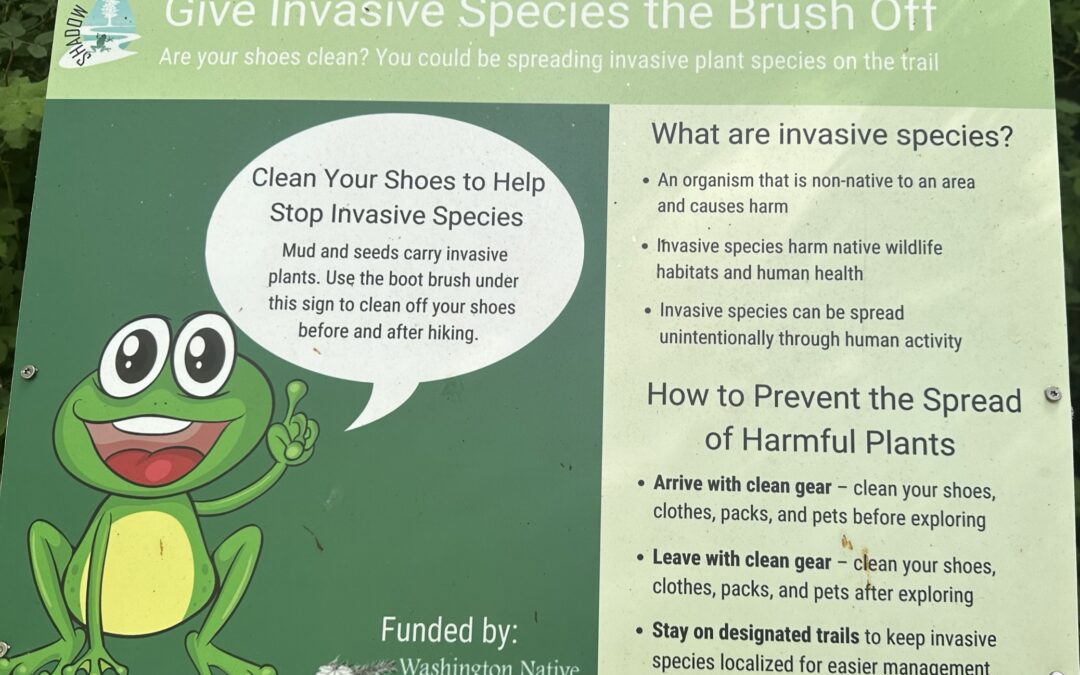Many of us start off our new year with resolutions or habits we want to adopt or goals that we want to accomplish. People have been making promises or resolutions going as far back as the Babylonians, some 4000 years ago, celebrating their new year in March. With the advent of the Roman calendar, the new year’s timing changed to what is largely celebrated worldwide on January 1st. In his article about New Year’s resolutions, Dr. Barton Goldsmith writes, “The idea of using the New Year as an opportunity for self-improvement is supported by psychological research emphasizing the importance of clear goals, a positive mindset, and intrinsic motivation. Understanding these principles, individuals can make informed choices and declarations about the direction they want their lives to take, aligning their aspirations with evidence-based strategies for personal development. As we are habitat centric at SHADOW, we are sharing some of our favorite habitat helping habits you can consider and check out the fun lists by the Xerces Society, the Sustainable Living Guide, and Green Eco Dream for more inspiration.
- Connect with your local habitats. Visiting preserves like SHADOW, your local, state, and national parks are great ways to connect with the natural world around you! Washington State Parks has 12 days annually where you do not need a Discover Pass or pay a fee to visit!
- If you are going out for that hike, brush those boots (and tires and boats)! Stop the spread of unwanted species by cleaning the treads of your shoes before and after you hit that trail by using trailhead boot brush stations or bringing along a boot scraper. This can be a highly effective way to stop surprise species from being in your tracks. Small plants, spores, seeds, and even tiny eggs can be tracked into sensitive areas without your knowledge and have lasting, damaging effects on fragile ecosystems. The same goes for boats, all terrain vehicles, vehicle tires, camping and climbing equipment. Do your part to stop the spread use boot brush stations at trail heads or bring along a boot scraper.
- Garden with native plant species. This can be done in your yard, pots on your porch or balcony or as office “pets.” For more information about gardening with native plants, visit the Washington Native Plant Society’s Guide.
- Volunteer with an organization like SHADOW to restore, monitor and preserve habitats and the species that live in them!



Recent Comments